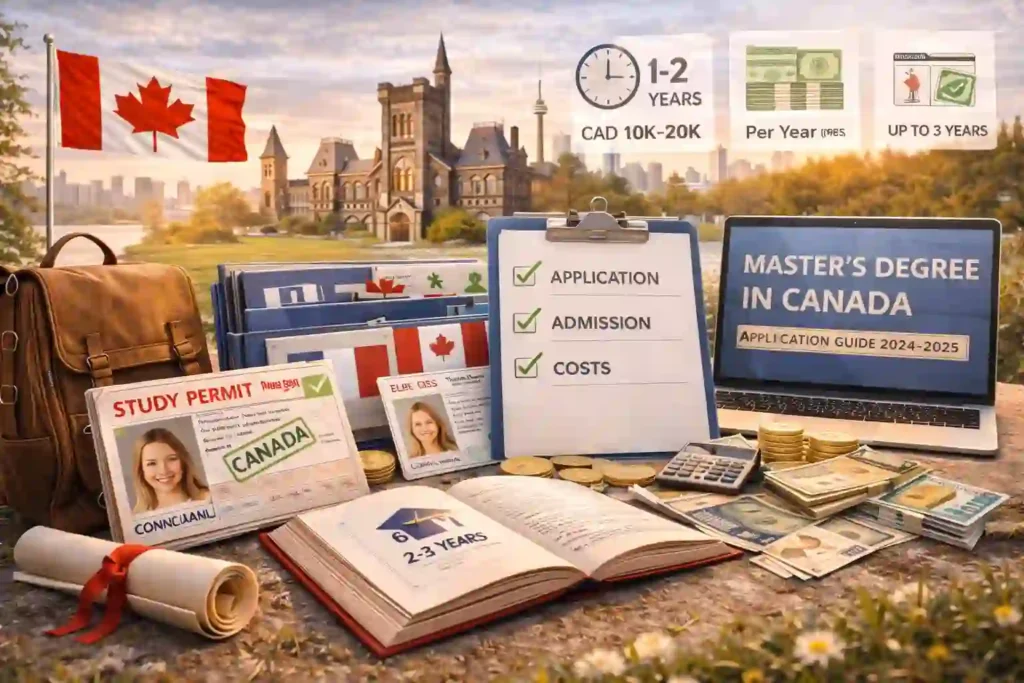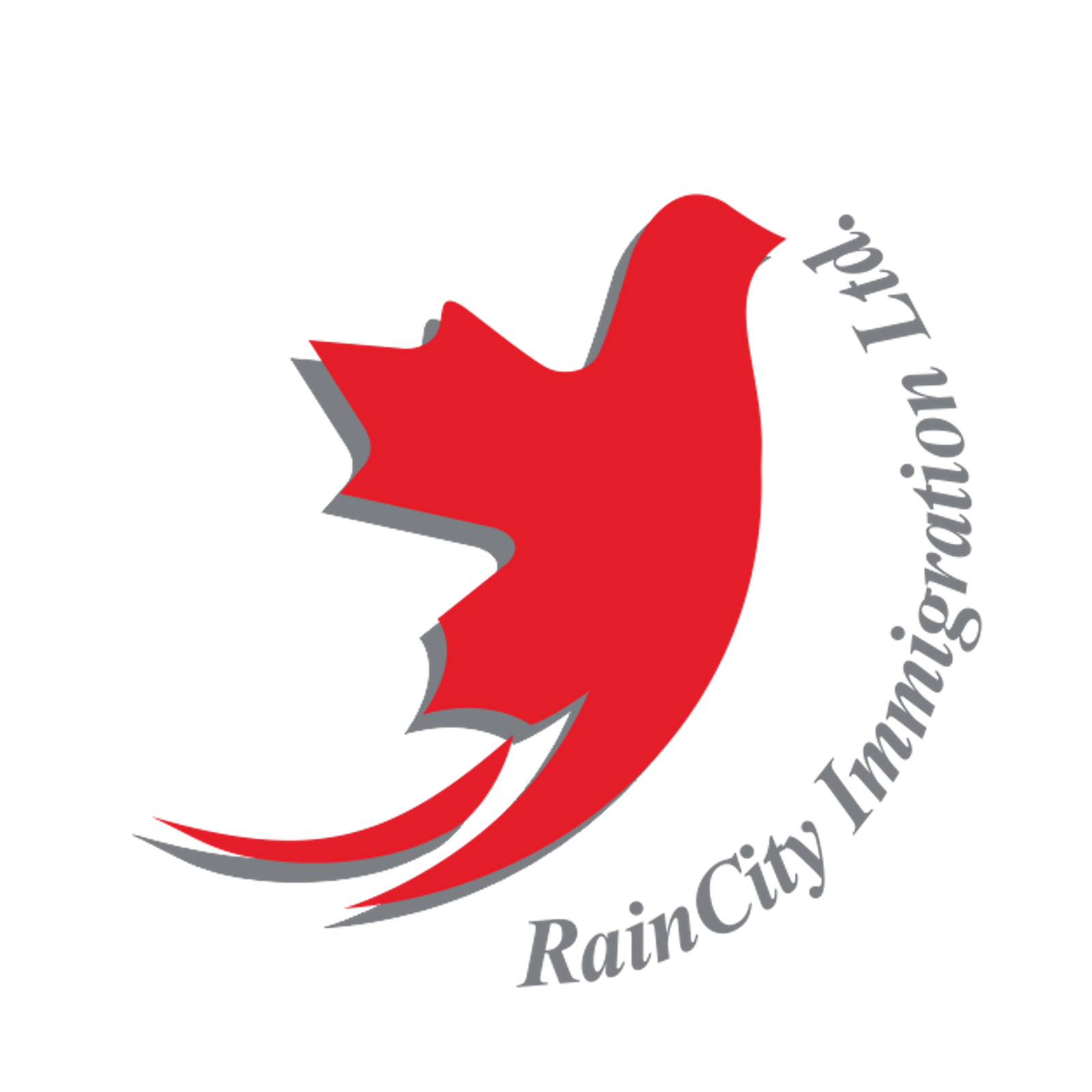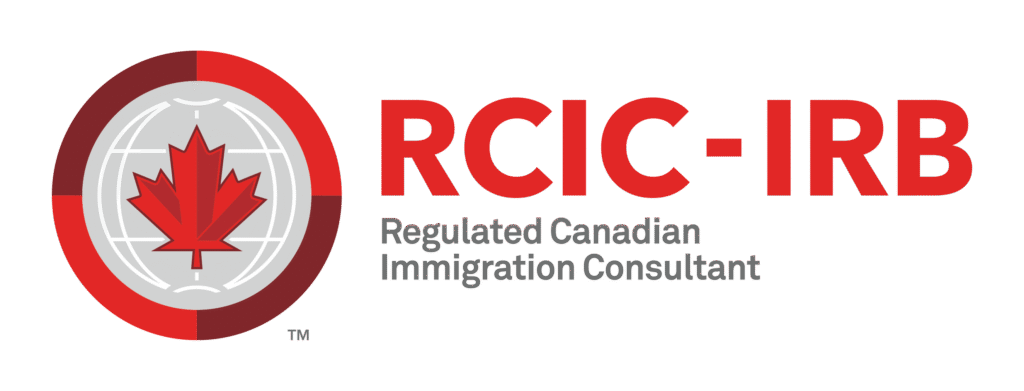Studying for a Master's Degree in Canada
Complete Guide to Application, Admission, and Costs
Canada is a popular destination for many students around the world who wish to pursue a Master’s degree, and every year numerous students from across the globe come to Canada for their postgraduate studies.
By reading this article, you’ll get a thorough guide on pursuing a Master’s degree in Canada for the academic year 2024-2025.
After graduation, you can also stay and work in Canada for up to three years with a work visa, and ultimately, once you meet the necessary requirements, you can apply for permanent residency in Canada.
Duration of the program: 1 to 2 years
Program cost: Between CAD 10,000 to CAD 20,000 per year
Scholarship requirements: A minimum GPA of 17 and an IELTS score of at least 6.5 or equivalent
Required language proficiency: IELTS 6.5 to 7 or equivalent

The Education System for Master's Programs in Canada
The duration of a Master’s degree program in Canada is 1 to 2 years. Typically, the Master’s level program includes 45 to 60 course credits. Academic fields at the Master’s level are offered in two formats:
Course-based
In a course-based program, you either take only coursework or, in addition to the coursework, you must complete a project at the end of the program. In this format, you don't need to have a supervisor or advisor lined up beforehand.
Research-based
In this format, along with the coursework, you are required to present a research thesis under the guidance of a supervisor at the end of the program. A thesis is generally much more extensive than a project and usually focuses on a specific aspect of a topic that has not been previously researched. To be accepted into these programs, you need to have a professor or supervisor from the university who will agree to take you on as their student beforehand.
Conditions for Studying at the Master's Level
A bachelor’s degree in a related field (you can also get accepted in interdisciplinary fields like management with an unrelated bachelor’s degree)
A minimum bachelor’s GPA of 13 or higher
Language score
Unconditional or direct acceptance: For direct admission to a master’s program in Canada in most fields, you need an IELTS score of 6.5 or equivalent scores. However, some fields such as pharmacy, psychology, English language, architecture, and the arts require an IELTS score of 7 or higher.
Conditional acceptance: If your language score is below the university’s minimum requirement for admission, there may be a possibility for conditional acceptance with a language course. However, very few Canadian universities offer conditional admission at the master’s level.
Finding a supervisor (for research-based programs)
Example 1 | Direct admission:
To get admitted to the master's program in Computer Science at the University of Toronto, you need a bachelor's degree in Computer Science or a related field. You also need a minimum GPA of 16 for the last two years of your bachelor's degree and an IELTS score of 7 or TOEFL score of 93. Additionally, you must have an interview with the university when your application is being reviewed.
Example 2 | Conditional admission:
To gain acceptance to the master's program in Electrical and Computer Engineering at Concordia University, you need a related engineering bachelor's degree with a minimum GPA of 14. The language score required for direct admission is IELTS 6.5 or TOEFL 85. However, for conditional admission with a language course, an IELTS score of 6 (with no skill below 5.5) or a TOEFL score of 75 (with no skill below 20) is acceptable.
Required documents for master's studies in Canada
Translation of the bachelor’s degree and transcripts along with a copy of the Persian pages
Resume
A motivation letter related to your field
Language test results (during the application stage, a scanned copy of the language test is sufficient, but after receiving admission, the official language test score must be sent from the center to the university)
Two or three recommendation letters from professors or employers (depending on the university’s admission requirements, the recommendation letters can be from professors, employers, or both. Sending recommendation letters is usually done online for most Canadian universities)
Scan of a valid passport
Language qualifications for master's studies in Canada
To get a master’s degree admission in Canada, having a language certificate is mandatory. English-speaking universities in Canada accept various language test scores, but each university may only accept a limited number of test types and not all of them.
Accepted English language certificates by Canadian universities:
IELTS
TOEFL
CAEL
PTE
EFAS
IEAP
CPE
CAE
Duolingo
(During the COVID-19 pandemic, when language tests were canceled, the online Duolingo test was accepted by several Canadian universities.)
Accepted French language certificates by French-speaking universities in Canada:
To study at French-speaking universities in Canada, like Laval or Montreal, you need to have proficiency in French. This is only the case if the program you want to study is taught in French. French-speaking universities in Canada may offer programs in both French and English.
Accepted French language certificates:
TFI
DELF
DALF
TCF
TEF
Getting admission for a master's degree
When applying to study at the master’s level in Canada, after preparing the required documents for each program and university, it’s time to apply and get admission. Most universities in Canada accept students at the master’s level.
Steps to get a master's admission in Canada:
1. First, go to the university’s website and create an account in the Apply section of the graduate studies department.
2. Enter your personal information including your first and last name, address, phone number, and any other requested information.
3. Specify the program name and the academic term.
4. Enter your educational background, work experience, research works (if any), and language test scores.
5. Provide the information of two or three of your professors along with their academic emails.
6. If possible, upload all the required documents in the application.
7. Finally, enter your bank card information and submit the application.
8. After submitting the application, you will receive an application number. It’s important to note this number for correspondence with the university.
9. Wait for the application review and its outcome.
10. After receiving the admission letter, according to the university’s request, you need to mail an official translation of your diploma and transcript from your university in Iran to the Canadian university by a specified deadline.
11. Now you need to apply for a Canadian student visa.
Tuition fees for a master's degree in Canada
$10,000 to $20,000
On average, tuition fees for international students in Canada for a master’s degree range between $10,000 and $20,000 per year. In fields like management, this amount is higher, averaging between $20,000 and $30,000 annually for tuition.
In addition to tuition fees, you also have to pay for other expenses like health insurance, international student fees, or annual university service fees, which typically amount to between $1,000 and $1,500 per year.
Example of master’s program tuition fees at Western University, Canada
| Program Name | Tuition Fees (Annual) | Health and Dental Plan Fees | Family Insurance Fees | Annual University Fees | Organization Fees | Total Cost of One Academic Year |
|---|---|---|---|---|---|---|
| Mechanical and Materials Engineering (Course-based) | $13298 | $649 | $252 | $180 | $86 | $14556 |
Scholarships for master's studies in Canada
There’s less chance of getting a scholarship for a master’s program compared to a PhD, but it’s still possible.
Funding for studies usually comes from government bodies, private organizations, and Canadian universities.
Requirements for obtaining a scholarship for a master's program in Canada:
A minimum GPA of 17 or higher in your bachelor’s degree
An IELTS score of at least 6.5 or equivalent
Relevant work experience
Research publications for research-based programs
Academic achievements, volunteer work, extracurricular activities
Government scholarships
There are various types of government scholarships in Canada that are primarily awarded to local students. However, there are also types that include both domestic and international students, like the Ontario government scholarship.
Ontario Graduate Scholarship
This scholarship applies to students who have been accepted into a master’s program at a university in Ontario in any field. The amount is $10,000 for two consecutive terms and $15,000 for three continuous terms of study.
University scholarships
A type of scholarship that Canadian universities allocate to master’s degree students based on the following two criteria:
It is based on the student’s academic merit and is awarded by the university, such as excellence awards or entrance scholarships. There’s no need for a separate application for these types of scholarships; they are automatically provided by the university. A scholarship can also be awarded by the advisor in the form of teaching or research assistantships. However, you will be eligible for these types of scholarships only if you are accepted into research-oriented programs.
Best master's programs in Canada
The master’s programs in Canada that are considered among the best and have a lot of applicants include:
Business Administration (MBA)
Healthcare Administration
Engineering
Computer and Information Sciences
Nurse Anesthesia
Human Resource Management
Physician Assistant
Math
Best universities for master's studies in Canada 2024
According to the QS ranking for 2024, the list of top universities for pursuing a master’s degree in Canada is as follows:
| University Name | National Rank | Global Rank |
|---|---|---|
| University of Toronto | 1 | 21 |
| McGill University | 2 | 30 |
| University of British Columbia | 3 | 34 |
| University of Alberta | 4 | 111 |
| University of Waterloo | 5 | 112 |
| Western University | 6 | 114 |
| University of Montreal | 7 | 141 |
| University of Calgary | 8 | 182 |
| McMaster University | 9 | 189 |
| University of Ottawa | 10 | 203 |
| Queen's University | 11 | 209 |
| Dalhousie University | 12 | 298 |
| Simon Fraser University | 13 | 318 |
| University of Victoria | 14 | 322 |
| University of Saskatchewan | 15 | 345 |
Important points for pursuing a master's degree
Do not prioritize ranking because in that case, you will have to pay a very high tuition fee. Speak with an educational advisor before choosing a program to avoid making mistakes. Analyze residency conditions after graduation in the program and university you’re considering.
Benefits of pursuing a master's degree in Canada
Obtaining a globally recognized degree Enjoying high-quality education Affordable tuition compared to other Western countries Opportunity for scholarships in research-oriented fields Ability to work after graduation and obtain permanent residency in Canada
Frequently asked questions
How long is a master's program in Canada?
The duration of a master’s program in Canada is one to two years. Some programs are one year, 18 months, or two years long.
Is studying for a master's degree in Canada free?
No, studying for a master’s degree in all fields in Canada comes with a cost unless you receive a scholarship that covers part or all of your tuition fees.
After completing a master's degree, how long is the work permit duration in Canada?
The length of the work permit after graduation depends on the duration of your master’s studies. For example, if your program lasts one year, you’ll get a one-year work permit, and if your program is two years, you’ll receive a three-year work permit after graduation.
What are the work conditions for co-op programs at the master's level in Canada?
If your study program includes a co-op component, you can only work full-time under a co-op work permit if the co-op portion does not exceed 50% of your study duration.
When should you apply for a master's program in Canada?
If your study program includes a co-op component, you can only work full-time under a co-op work permit if the co-op portion does not exceed 50% of your study duration.

